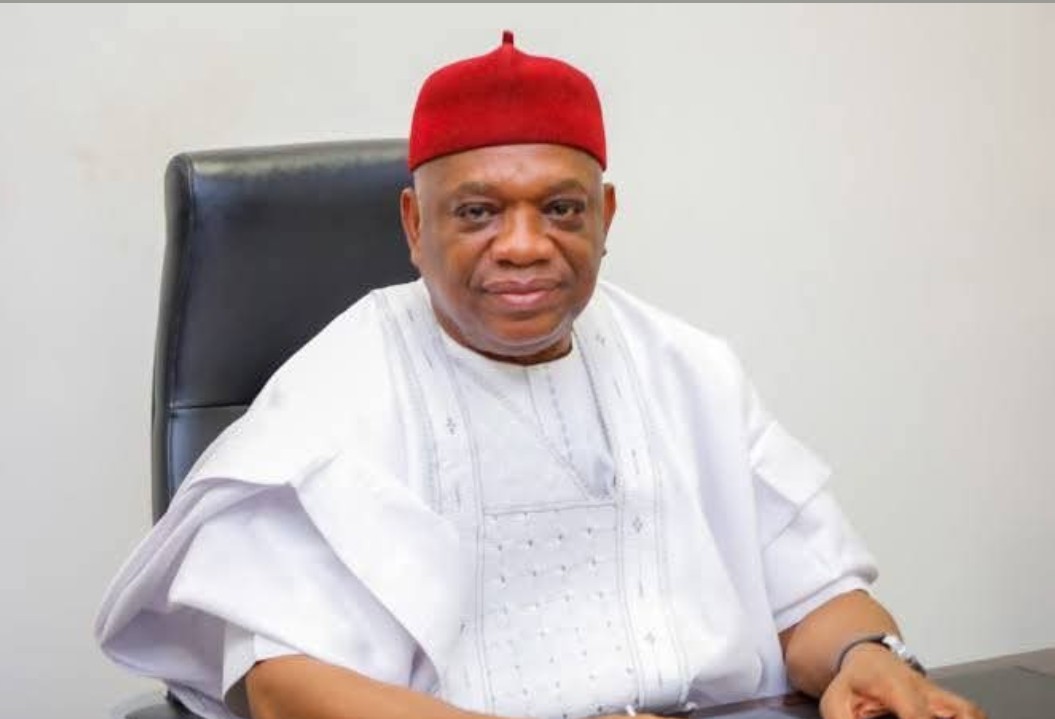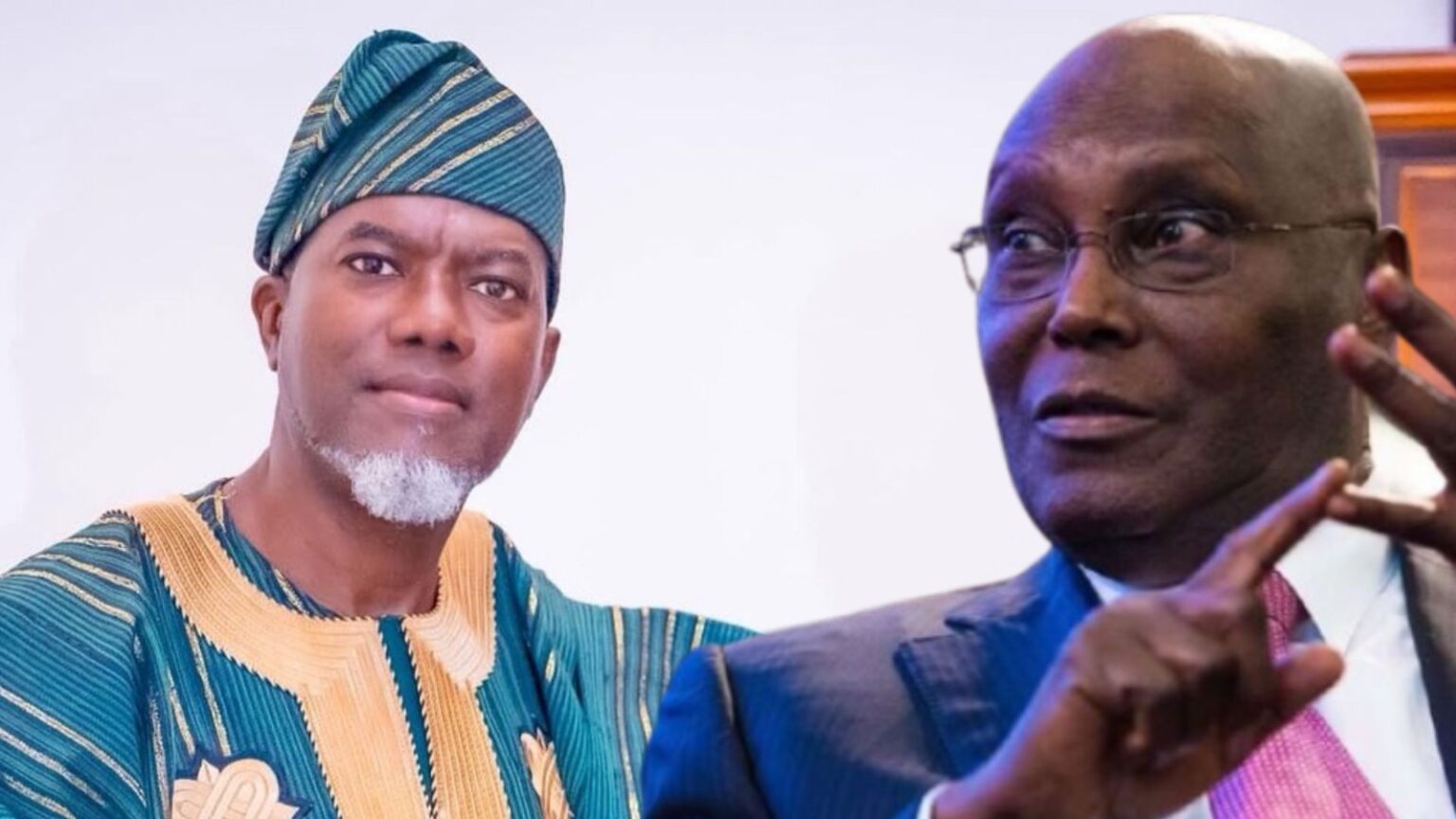The transformative impact of the free education policies introduced under the tenure of former Abia State Governor, Senator Orji Uzor Kalu (1999-2007), is being widely celebrated as a pivotal moment that redefined the state’s educational landscape and championed socio-economic empowerment.
The policy, credited to Senator Kalu’s visionary leadership, is hailed for making education universally accessible, effectively breaking down financial barriers and creating a level playing field for students from all socio-economic backgrounds. This bold move ensured that education became a fundamental right for every child in Abia State, empowering poor and marginalized communities and offering a critical pathway to upward mobility.
Analysts note that the far-reaching impact of the free education initiative went beyond just access. It led to a significant surge in school enrollment rates and contributed to an overall improvement in the quality of education across the state. By fostering academic excellence, the policy helped to produce a new generation of skilled and educated citizens, positioning them as key drivers for Abia State’s development and economic growth.
The policy’s success is cited as a powerful testament to the transformative power of visionary leadership, with advocates challenging current leaders to not just repeat this success but to actively institutionalize such policies. The free education model implemented in Abia State under Kalu’s leadership is now being highlighted as a blueprint for governments globally to prioritize education as a fundamental right and to invest strategically in the future human capital of their populace.
Recent statements from the current state government also confirm the enduring legacy of this era, with Governor Alex Otti acknowledging in June 2025 that many of the policies introduced during Kalu’s tenure remain relevant and continue to inform the state’s development strategy, particularly in the education sector.
By: Ruby Obinna





